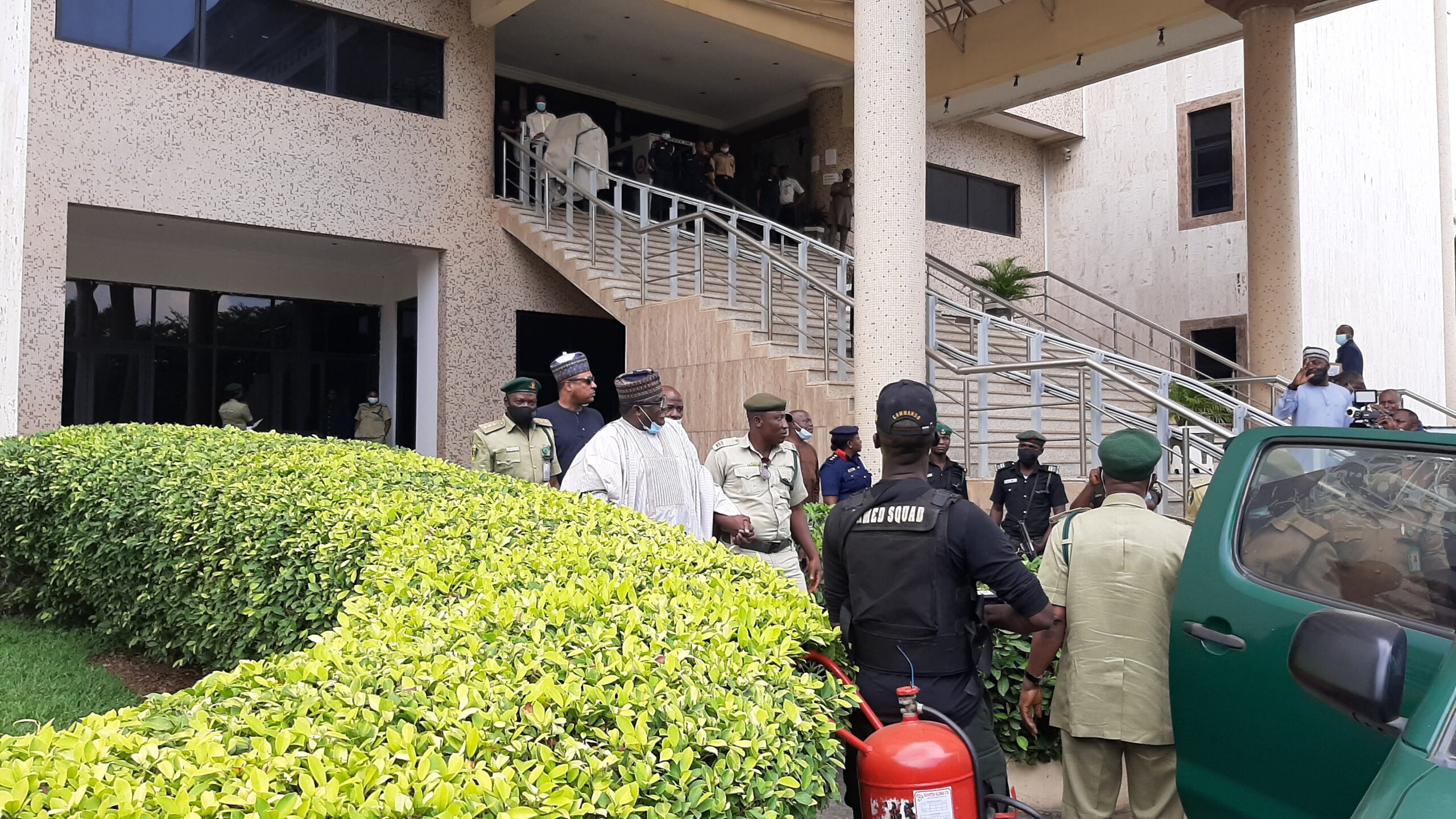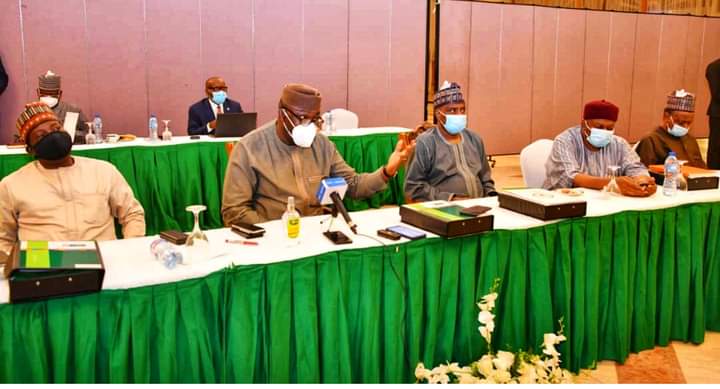Last week, the Central Bank of Nigeria (CBN) granted approval-in-principle (AIP) to MTN Nigeria and Airtel Africa towards the process of commencing payment service banks (PSBs).
The move is expected to close the unbanked population gap and help the country achieve the National Financial Inclusion Strategy (NFIS) — a projection that 95 percent of Nigerians would have access to financial services by 2024.
An AIP implies that the approving party (CBN) finds the proposal acceptable. It also means that telecommunication companies still need to fulfil certain conditions before securing a PSB licence.
According to the CBN, the decision is to promote a sound financial system in Nigeria and enhance access to financial services for low-income earners and unbanked segments of society.
Advertisement
Airtel and MTN Nigeria will join Globacom and 9mobile which are already operating in the financial space with their services.
The initiative has been largely successful in M-Pesa in Kenya and India’s sachet banking model.
In this explainer, TheCable sheds light on PSBs and their impact on the financial services industry.
Advertisement
WHAT IS A PSB?
A PSB is like a digital bank, providing financial accesses through mobile and digital channels to low-income earners and people that do not use banks or banking institutions for transactions.
It offers the following services:
i. Accept deposits from individuals and small businesses, which shall be covered by the deposit insurance scheme;
Advertisement
ii. Carry out payments and remittances (including inbound cross-border personal remittances) services through various channels within Nigeria;
iii. Sale of foreign currencies realized from inbound cross-border personal remittances to authorized foreign exchange dealers;
iv. Issue debit and pre-paid cards on its name;
v. Operate electronic wallet;
Advertisement
vi. Render financial advisory services;
vii. Invest in FGN and CBN securities; and
Advertisement
viii. Carry out such other activities as may be prescribed by the CBN from time to time.
ENTITIES ELIGIBLE TO APPLY FOR A PSB LICENCE
Advertisement
They include banking agents, telecommunications companies (telcos), through subsidiaries; retail chains (supermarkets, downstream petroleum marketing companies); postal services providers and courier companies.
Others are mobile money operators (MMOs), switching companies; financial technology companies (Fintech); financial holding companies; and any other entity on the merit of its application subject to the approval of the CBN.
Advertisement
HOW DO PSBs DIFFER FROM COMMERCIAL BANKS?
PSBs are expected to focus on the unbanked populations and financially excluded persons — have at least 25% financial service touchpoints in such rural areas where they must maintain ATMs and point of sale (POS) devices.
However, they cannot grant loans, guarantees, or advances of any form; accept deposits in foreign currencies and they cannot deal in the foreign exchange market except as prescribed by the CBN.
They are also not allowed to participate in insurance underwriting; undertake any other transaction which is not prescribed by the set guidelines, and must not accept any closed scheme electronic value (e.g. airtime) as a form deposit or payment.
The CBN specified that every PSB must use the words “Payment Service Bank” in its name to differentiate it from other banks.
Also, the name of a PSB shall not include any word that links it to its parent company.
PSBs AS TOOL TO BOOST FINANCIAL INCLUSION
Financial inclusion is the process of ensuring that individuals and businesses have access to financial products and services – basic bank accounts, fund transfer services, etc.
While CBN is seeking to onboard 95 percent of the bankable adults into financial services by 2024, the data by EFInA showed about 36 percent of the adult population, representing 38 million citizens do not have access to financial services.
PSB operators are expected to close the gap by removing barriers to having a basic bank account.
With just a phone number, any Nigerian can easily open an account, send and receive money, check balance, make deposits, cash withdrawals and more.






